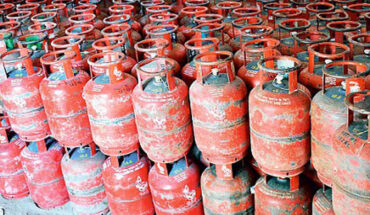New Delhi: Indian Micro, Small, and Medium Enterprises (MSMEs) witnessed a significant 11 per cent year-on-year growth in their commercial credit portfolio during the period of July-September, 2023.
This surge was attributed to the accelerating economic activity, which fuelled the demand for commercial loans, according to a report by TransUnion Cibil and the Small Industries Development Bank of India (SIDBI).
The total credit exposure for MSMEs stood at Rs. 28.2 lakh crores by the end of September 2023. Supply volumes experienced a notable 20 per cent year-over-year increase during the same quarter, indicating a notable improvement in lender confidence, as per the report.
During this period, commercial loans experienced a remarkable 29 per cent year-on-year growth, with the total value of new credit reaching Rs. 2.43 lakh crores. Interestingly, small enterprises accounted for the largest share, constituting 42 per cent of the total.
Remarkably, lending to the MSME sector remained resilient even after the conclusion of the Centre’s COVID-era Emergency Credit Line Guarantee Scheme (ECLGS), underscoring the sector’s robust growth momentum, as noted by Sivasubramanian Ramann, Chairman and Managing Director of SIDBI.
Ramann emphasised the pivotal role of technology in facilitating loans to the MSME sector, highlighting the widespread adoption of online loan applications, financial management tools, digital payment platforms, and robust analytics.
SIDBI is actively leveraging technology, including the Digital Public Infrastructure of the Government of India, to enhance credit flow to the sector with faster turnaround times, Ramann noted.
Furthermore, delinquency rates in the MSME sector improved significantly, with overall balance-level delinquencies standing at 2.3 per cent, the lowest in two years. Rajesh Kumar, Managing Director and CEO of TransUnion CIBIL, noted that the delinquency rate in Jul-Sep was particularly encouraging.
Geographically, 46 per cent of MSME originations during the period were from semi-urban and rural regions, with Maharashtra, Gujarat, Delhi, Tamil Nadu, and Uttar Pradesh contributing significantly to the origination value.
Although the share of high-risk MSMEs reduced to 13 per cent, medium-risk MSMEs continued to dominate, constituting 55 per cent of the sector. This trend reflects the ongoing resilience and adaptability of Indian MSMEs in the face of economic challenges.





